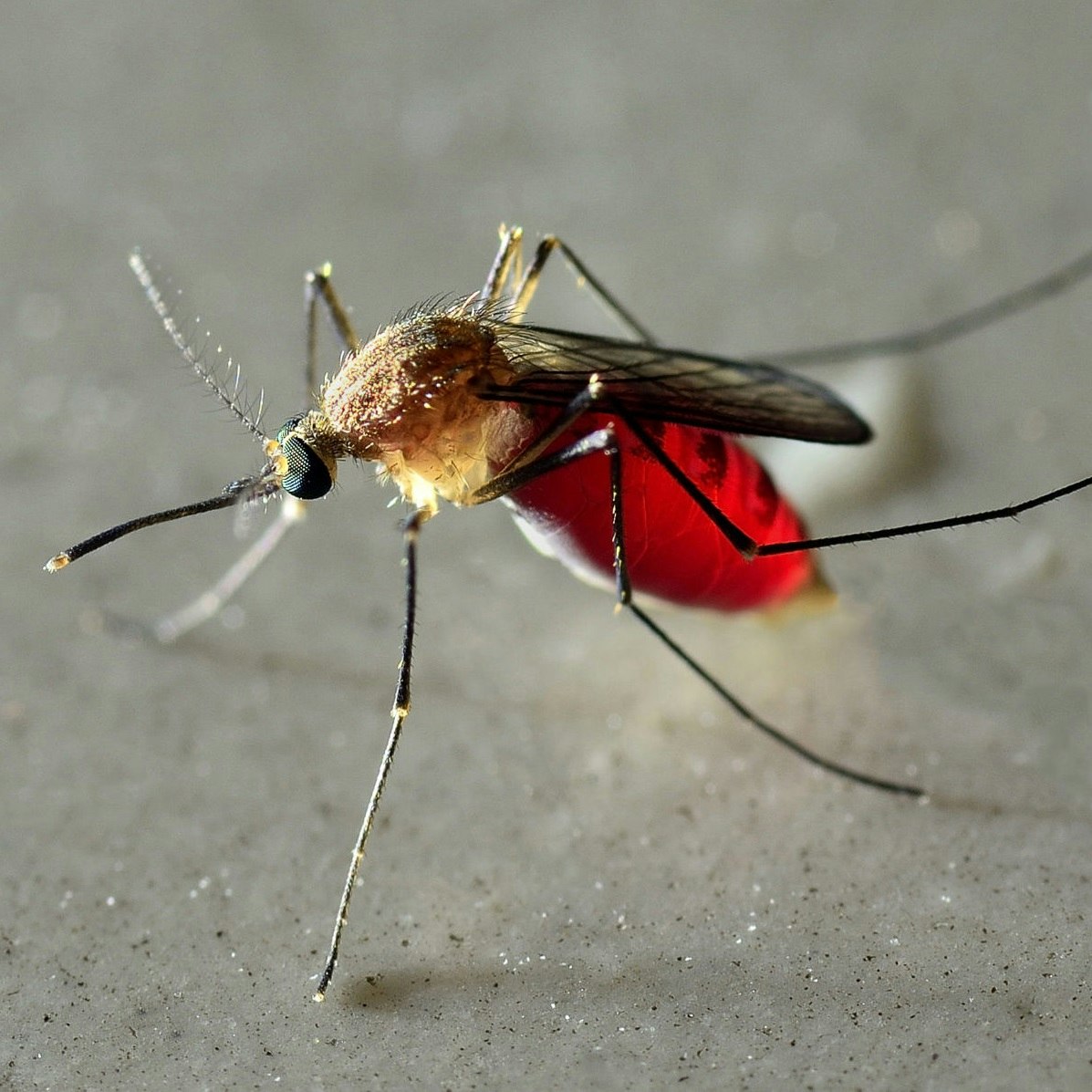Gene Drives: The Bold Idea That Could Transform Malaria Prevention

Each year, 600,000 lives are lost to malaria, the majority being children under five. This staggering toll underscores the urgent need for new solutions, as traditional approaches like bed nets and insecticides are no longer sufficient. Enter gene drives—a groundbreaking but ethically fraught technology that could redefine malaria prevention.
Gene drives use genetic engineering to alter mosquito populations, potentially reducing the species that carry malaria by introducing traits like non-biting males or sterile females. The technology ensures these genetic traits are inherited across generations, offering the tantalizing promise of long-term control. However, the boldness of this approach raises significant ethical and ecological concerns.
Critics caution against unforeseen consequences, from ecological disruptions to public mistrust. Historical fears around DDT and genetically modified crops illustrate how opposition, especially from those far removed from the threat, can slow progress in addressing urgent global challenges.
Yet, with malaria killing a child every two minutes, the moral imperative to act cannot be ignored. Scientists are meticulously testing gene drives in controlled settings, ensuring robust oversight and regulatory scrutiny before real-world implementation.
While no technology comes without risks, standing idle in the face of a preventable crisis is its own moral failing. Gene drives represent a bold step forward—a potential lifeline for millions. The question is not whether the risks are real, but whether we are prepared to responsibly harness innovation for the greater good.
Malaria eradication demands courage, science, and ethical accountability. It’s time to consider bold ideas, not dismiss them out of hand.
